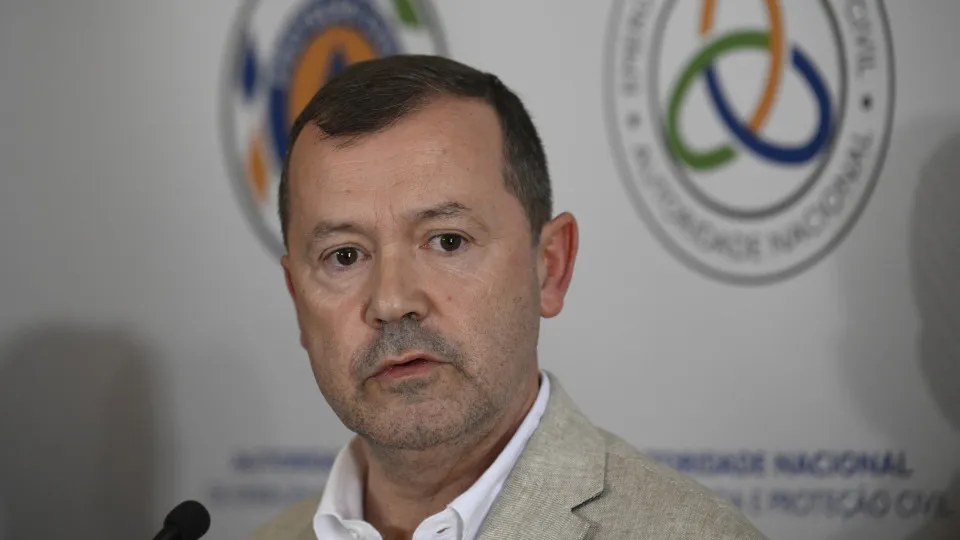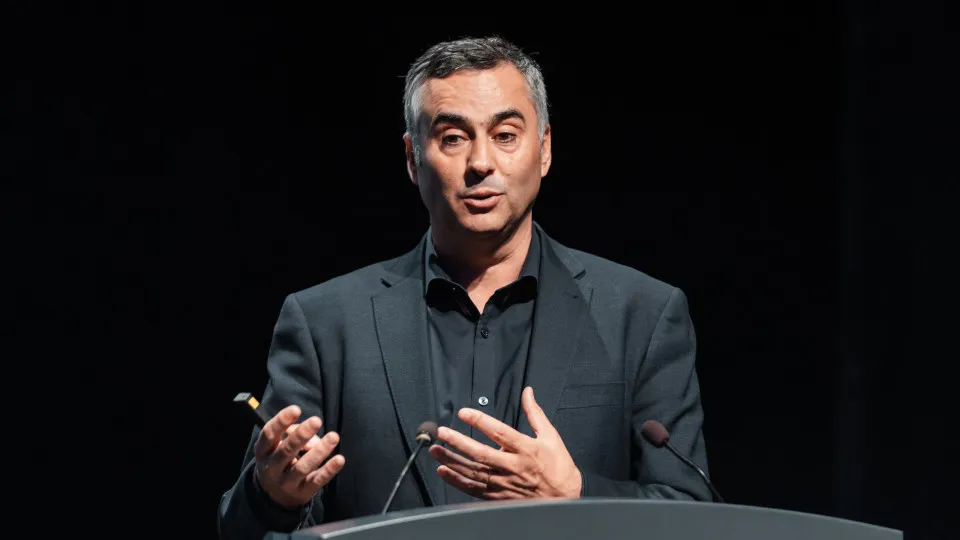
“We’re still in November, and I believe it’s a bit premature to make a concrete and objective evaluation about 2025, given that so little time has passed,” Rui Rocha stated when asked about the OECD report released this week highlighting “coordination failures” between various forces during firefighting efforts in 2024 and 2025.
The official also criticized the OECD for releasing a report that, “even in its preliminary stage,” did not consult all stakeholders, notably the National Authority for Emergency and Civil Protection (ANEPC).
“It seems surprising to me that such a report could be released, even in its preliminary form, considering that it was only yesterday [Thursday] that OECD technicians met with ANEPC to hear their perspective and to present what occurred,” he said, suggesting that “at a minimum, all entities should have been consulted to ensure objectivity.”
In this regard, the Secretary of State hopes that the contributions collected by OECD technicians from ANEPC will be incorporated into the final report.
The Organization for Economic Co-operation and Development (OECD) report, “Towards an Integrated Rural Fire Management in Portugal,” accessed by Lusa, noted that “coordination failures between different forces delay response times to fires and increase their spread,” highlighting “unclear command structures among civil protection, volunteer, and forest firefighting forces.”
In the preliminary conclusions of this EU-funded project, conducted in collaboration with the Agency for Integrated Rural Fire Management (AGIF), OECD technicians indicate that various firefighting participants (firefighters, GNR, municipal firefighters, specialized teams from the Institute for Nature Conservation and Forests) “do not consistently follow ANEPC’s hierarchical command chain.”
OECD technicians noted that Portugal initiated a series of reforms to improve fire management after 2017 with the creation of the Integrated Rural Fire Management System (SGIFR), but pointed out that the fires of 2024 and 2025 demonstrated that they “could be even better contained if actions within the SGIFR were accelerated.”
The Secretary of State said the government would wait for the OECD’s final report and mentioned that an evaluation and analysis of what happened in the summer of 2025 is currently underway to “improve future arrangements.”
According to Rui Rocha, ANEPC has already produced a preliminary report on the 2025 fires, which the government possesses.
“The device concluded recently, and as we always stated, even during the fire period, we wished for the completion of the device period to proceed with this evaluation,” he noted, indicating there are areas for improvement, “especially the more critical reports received throughout the fire period.”
When asked if the past summer’s events would impact changes to ANEPC’s organic law, which should be finalized soon, the official said that it “is not solely a consequence of 2025” nor “directly results from 2025 events,” as the changes were already part of the government’s program.
“The new organic law for the National Authority for Emergency and Civil Protection also aims to provide greater consistency and robustness to operational issues and seeks to improve command-related matters, particularly with potentially increased involvement of firefighters in this component,” he stated, without providing further details on the changes.




